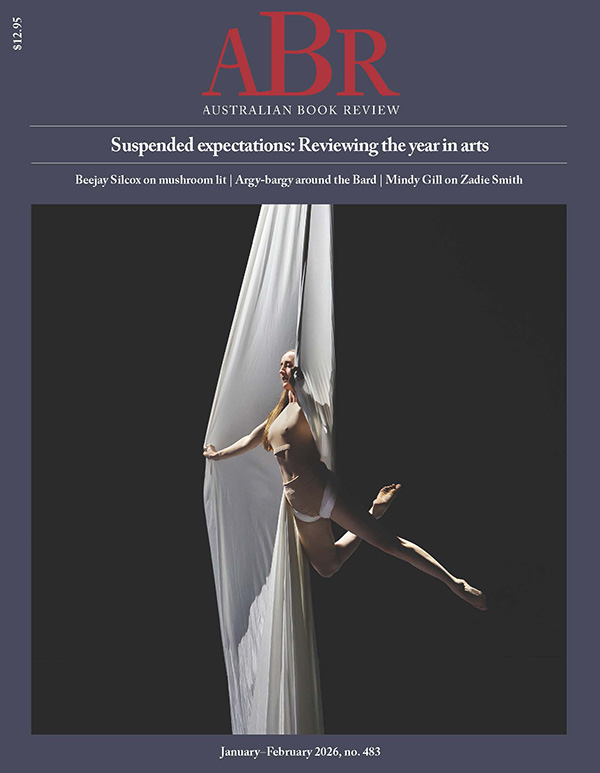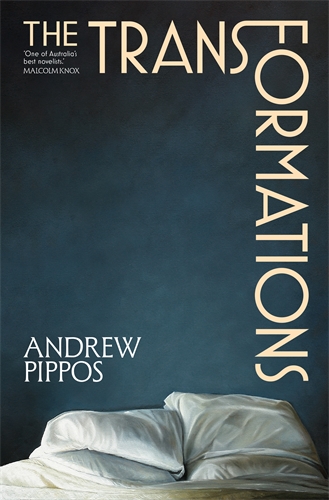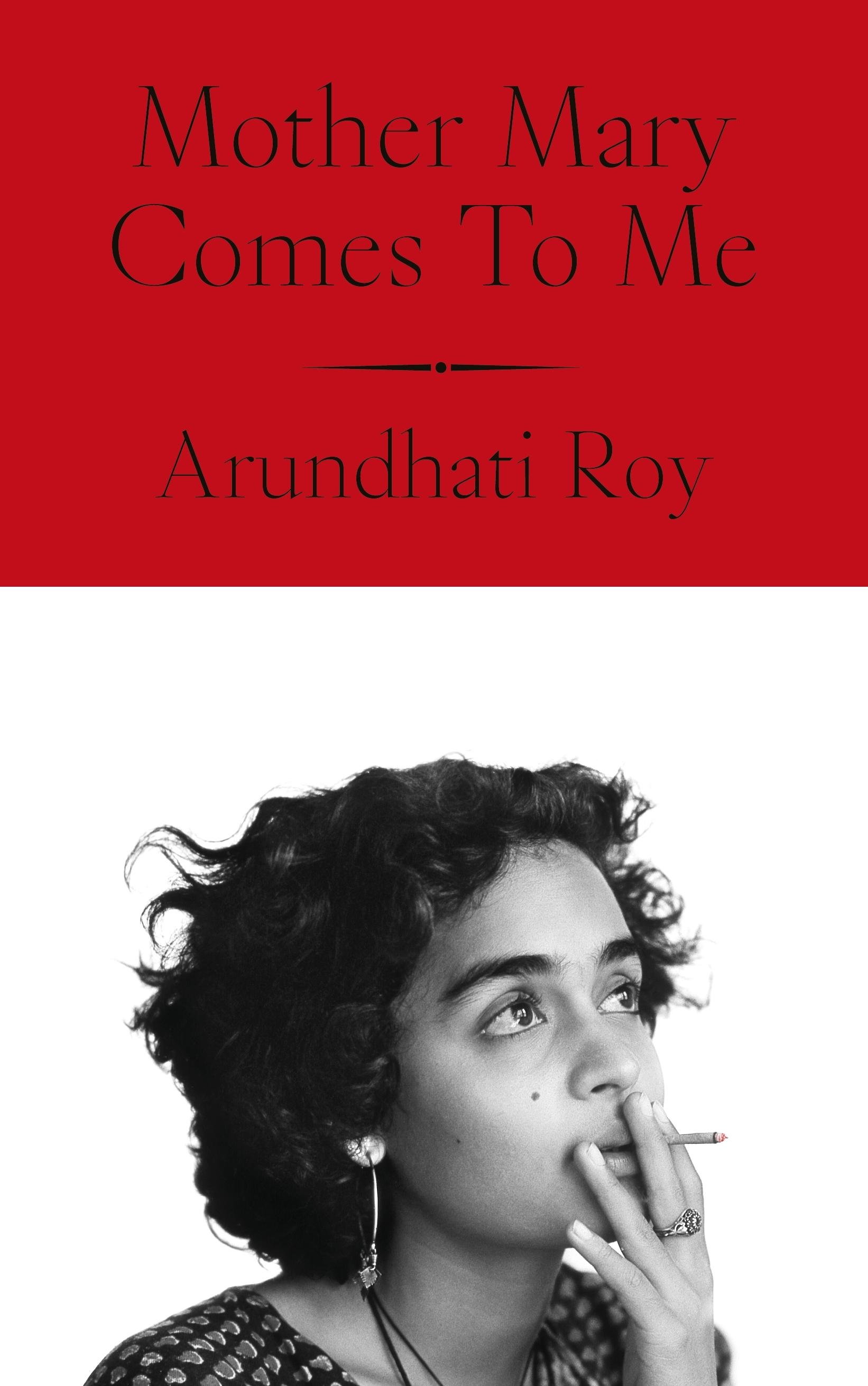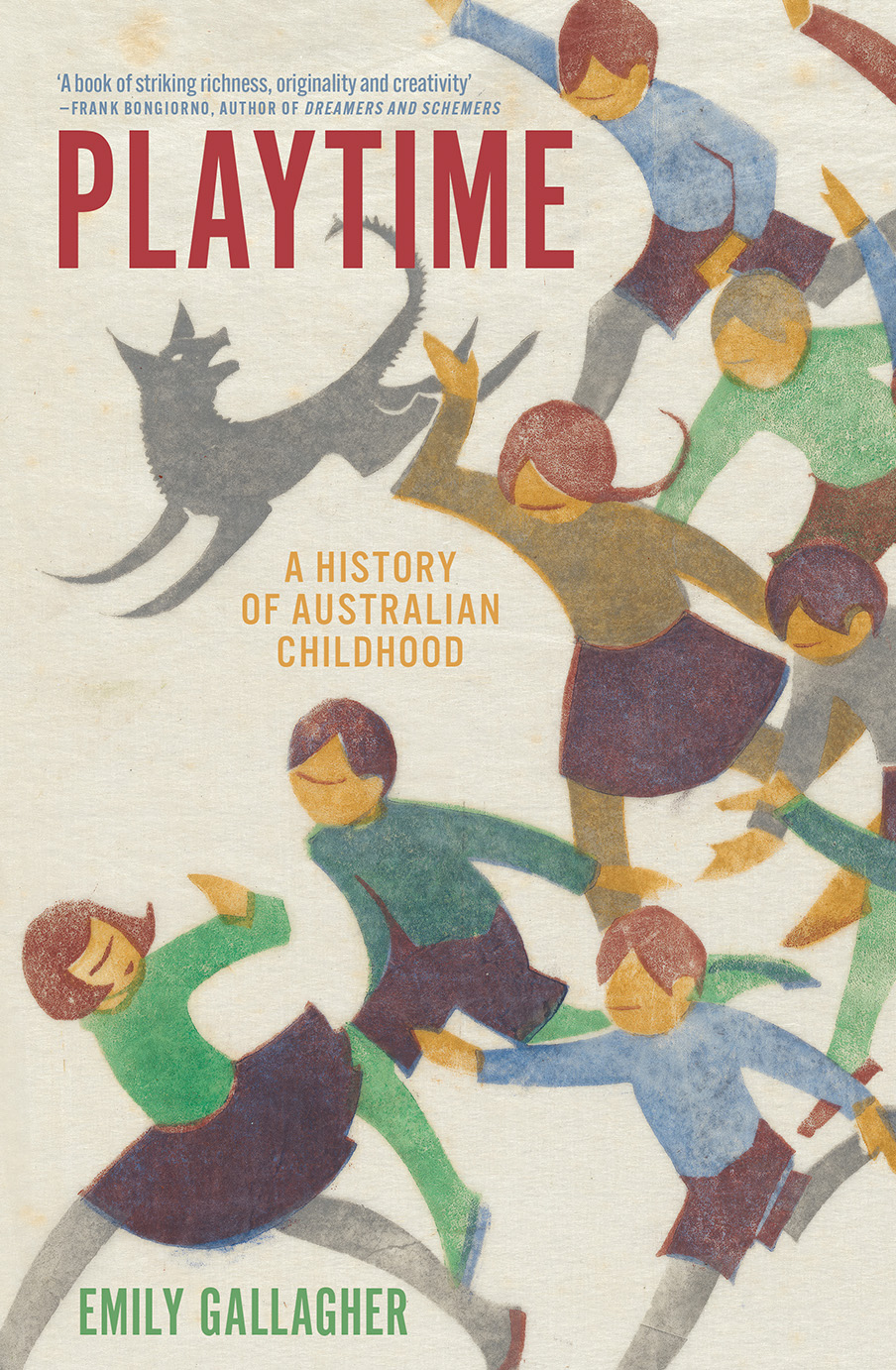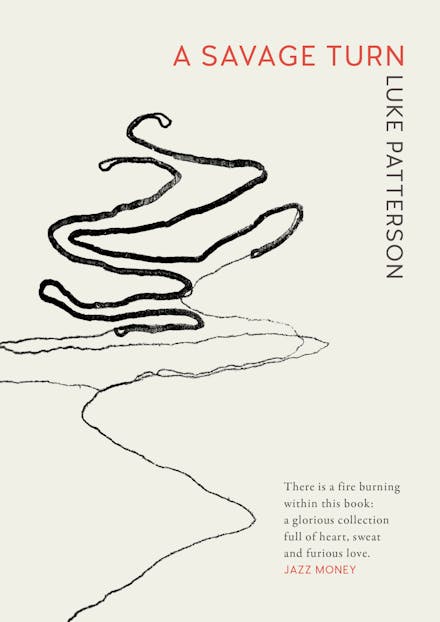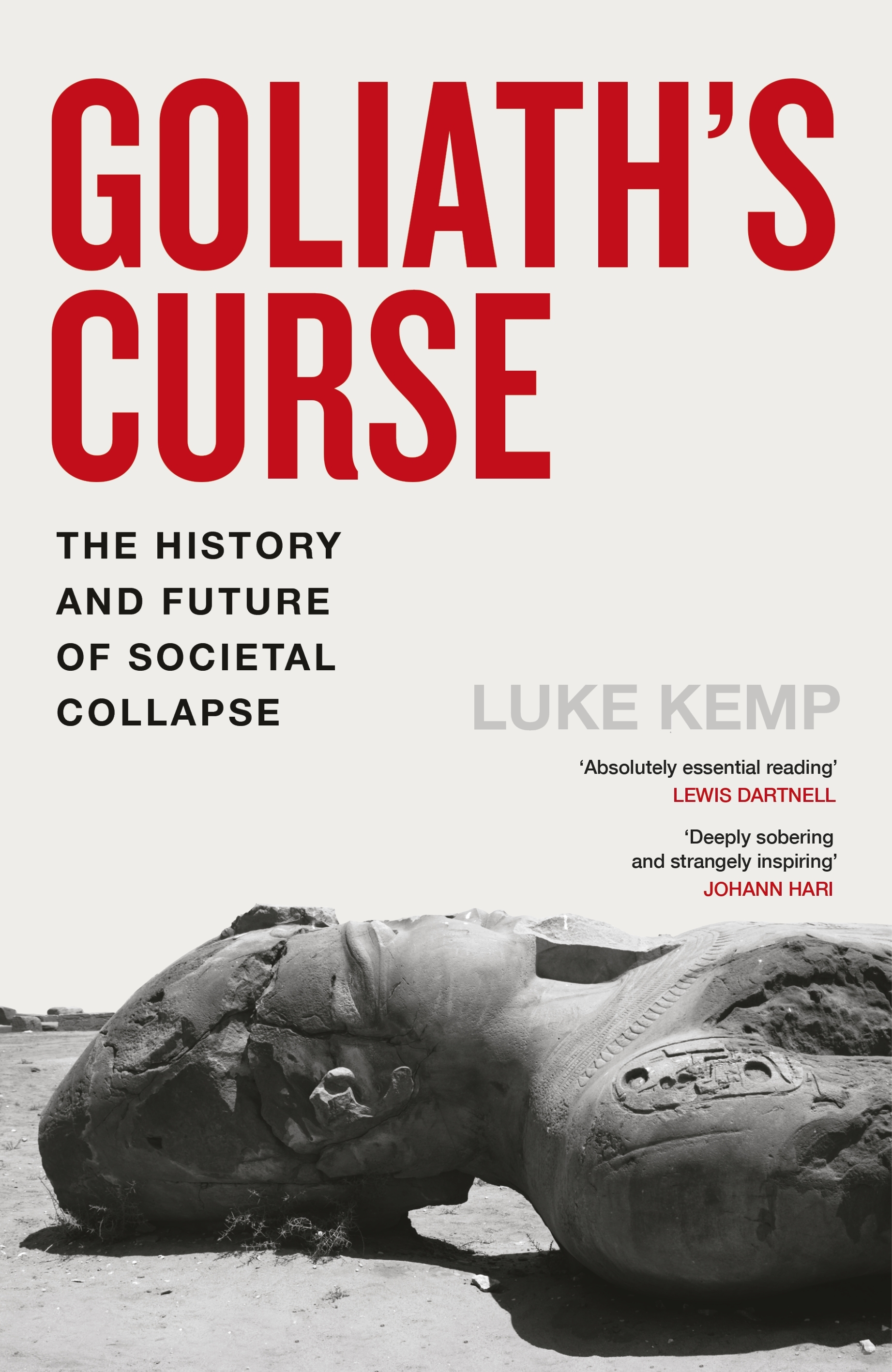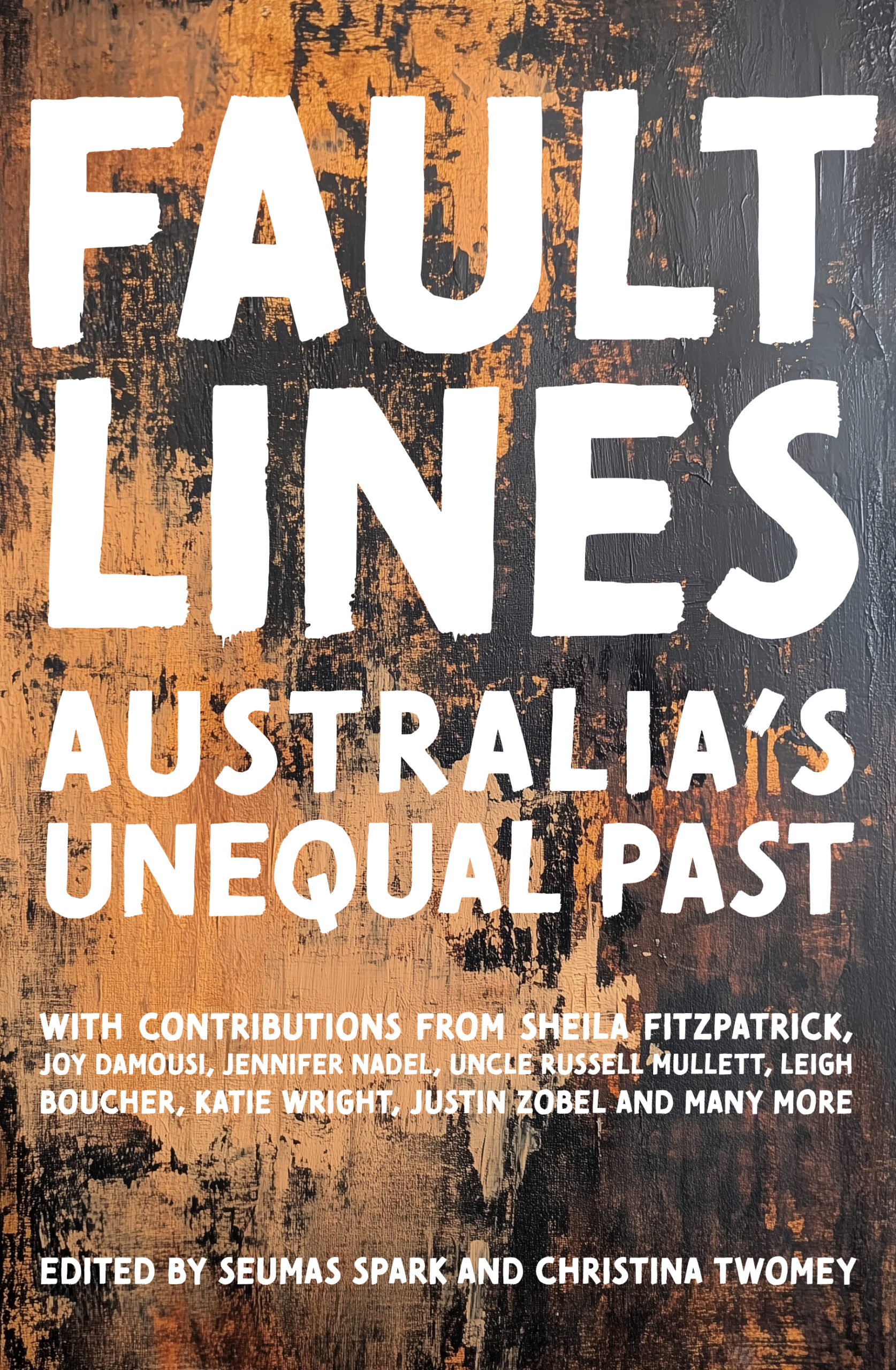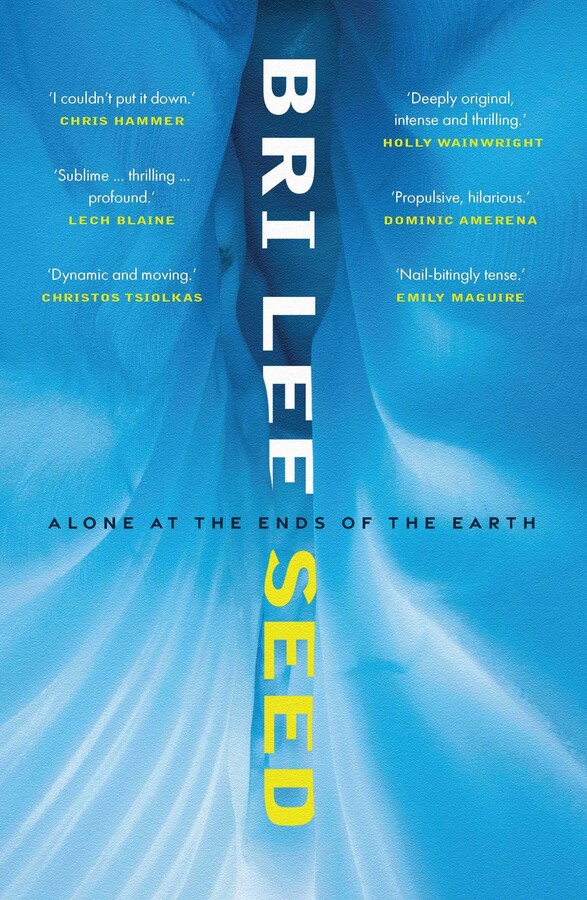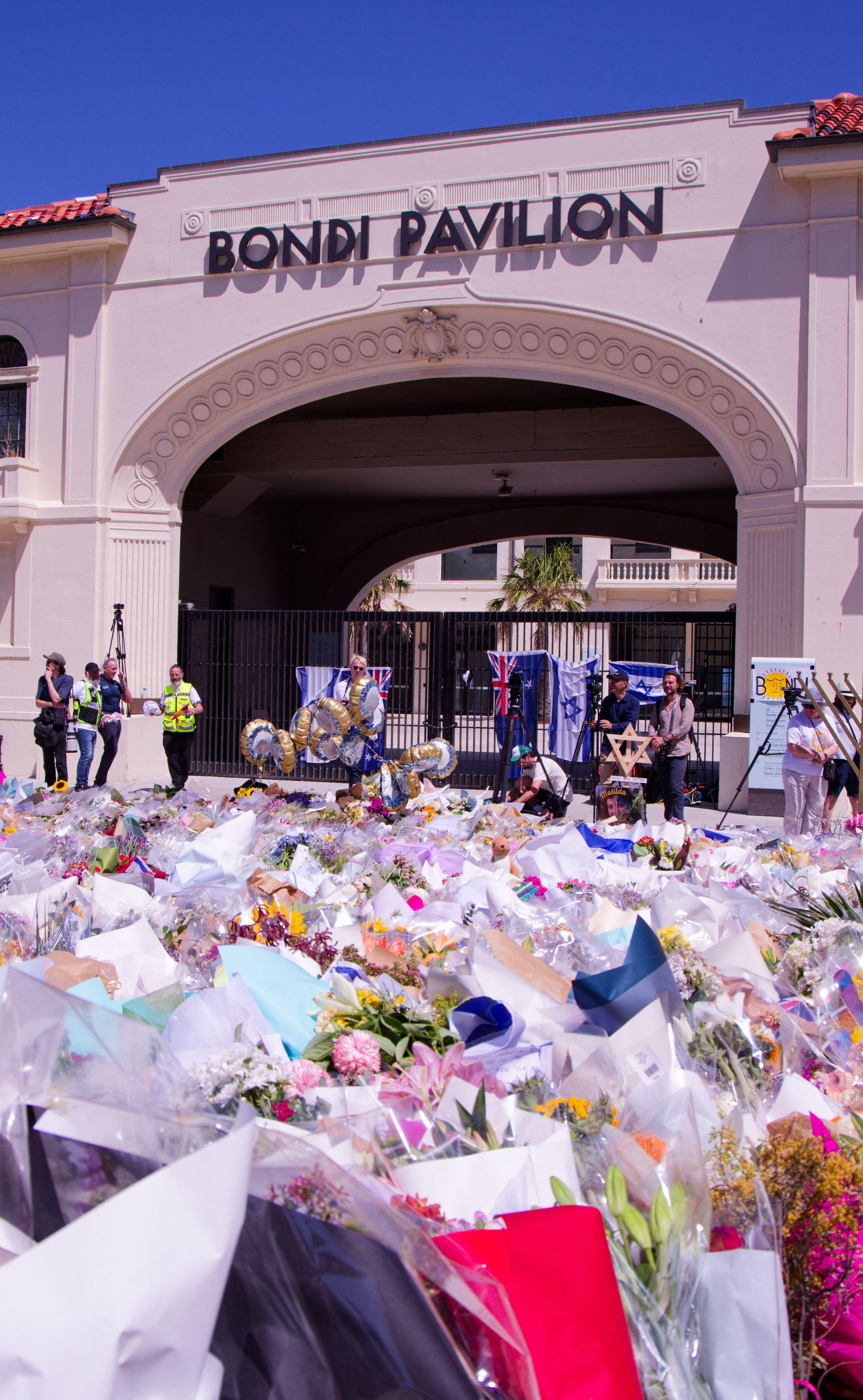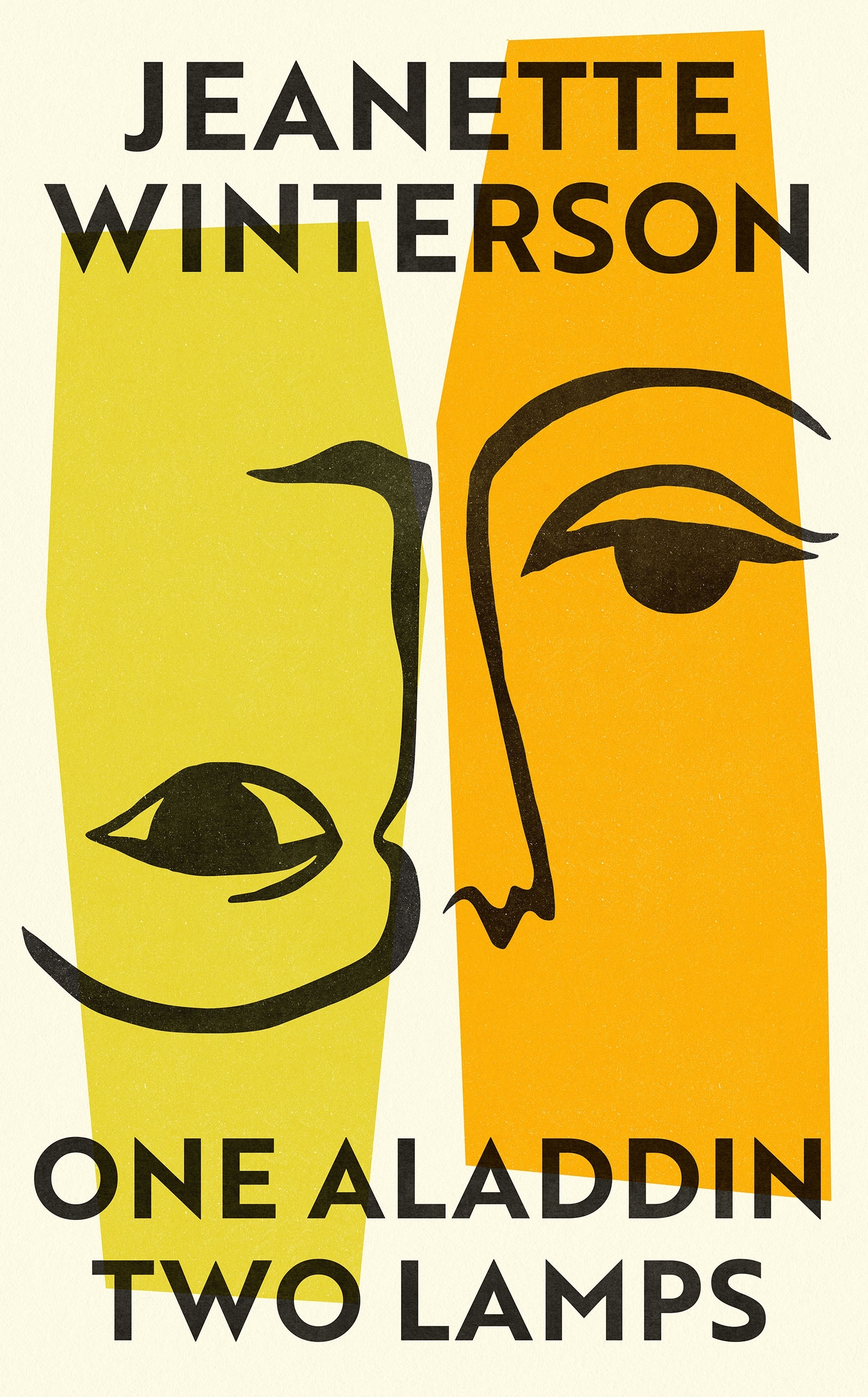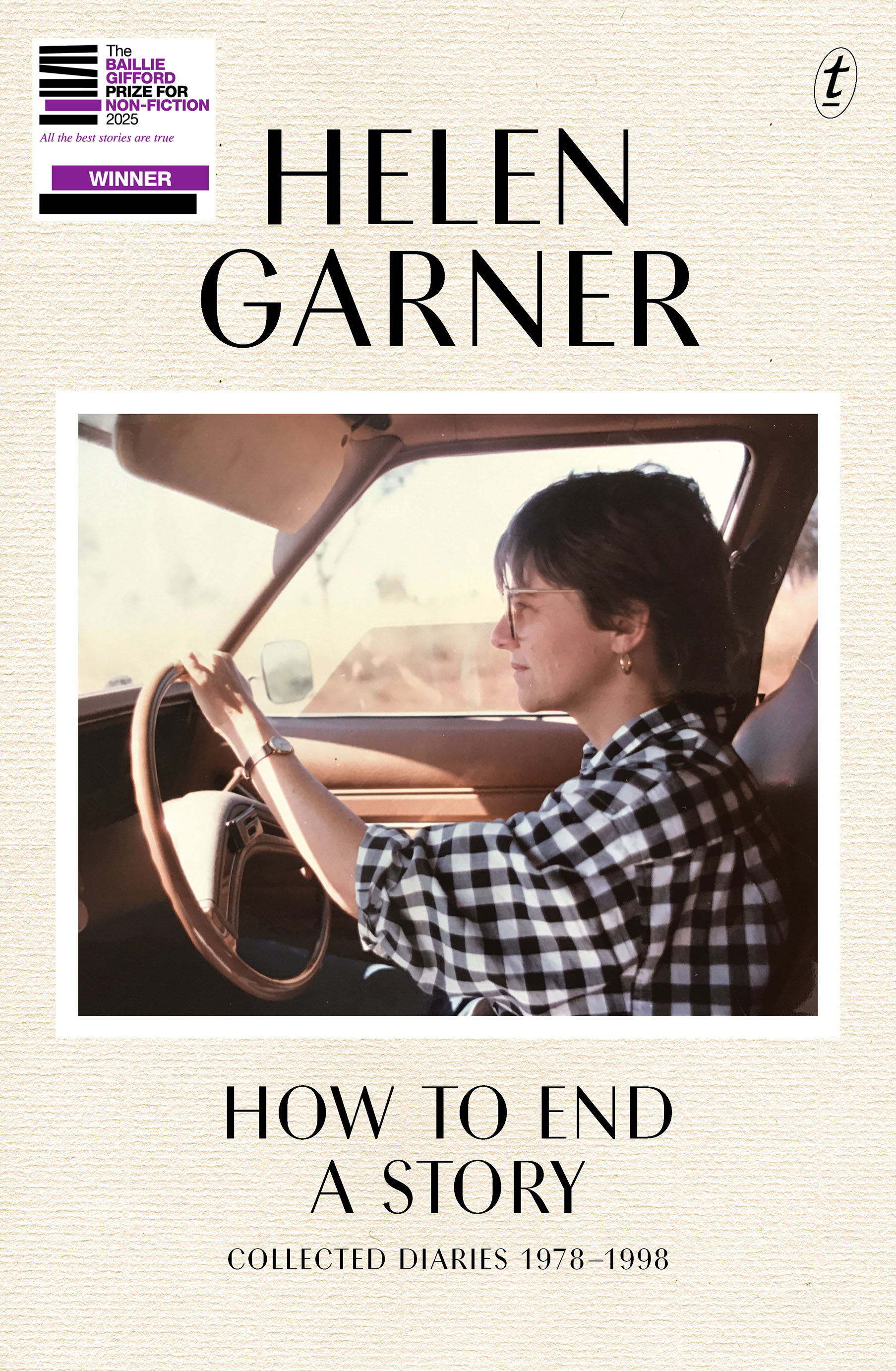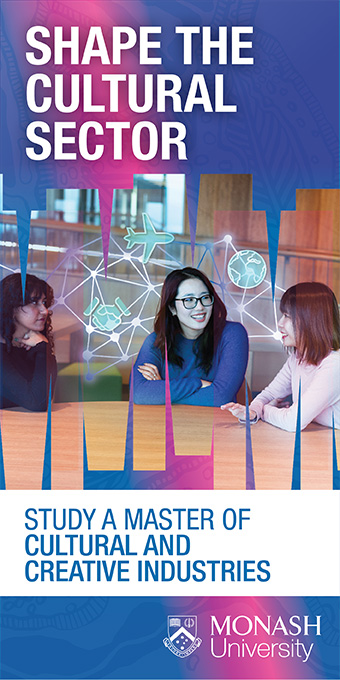Fiction
The Transformations by Andrew Pippos
The Greek diaspora featured strongly in Andrew Pippos’s first novel, Lucky’s (2020), which traced the life of Chicago-born Vasilis ‘Lucky’ Mallios, who develops a chain of eponymous franchise restaurants often run by Greek Australians that mimic mid-twentieth-century American diners. The fortunes, and misfortunes, of Lucky and his restaurants in turn become the subject of a planned New Yorker article by journalist Emily Main.




